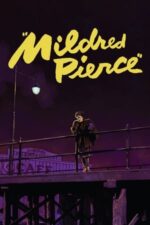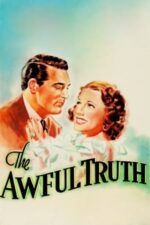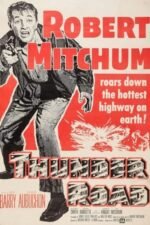Smoke, Mirrors, and Melodies: The Enduring Allure of the Nightclub Singer
There’s something inherently captivating about the nightclub singer on screen, isn't there? It’s more than just a profession; it’s a persona – a blend of vulnerability, strength, mystery, and often, a touch of melancholy. They exist in liminal spaces, bathed in smoky light, their voices weaving tales of love lost, dreams deferred, and lives lived on the fringes. And cinema has consistently returned to this archetype, using her as a lens through which to explore complex themes of morality, desire, and societal upheaval.
Think about Nora Prentiss in Nora Prentiss. She’s not just singing for the crowd; she's embodying a life Dr. Talbot desperately craves – one filled with passion and spontaneity, a stark contrast to his ordered existence. It’s her vibrancy that shakes him out of his complacency, even as it leads him down a dangerous path. The nightclub itself becomes symbolic: a place where rules bend, identities shift, and consequences are often blurred.
This isn't unique to the 1940s, either. In Private Hell 36, Lili is more than just a singer; she’s a conduit for uncovering a sprawling criminal network. Her profession provides her access – and vulnerability – within that world, making her both a victim and an unwitting participant in the detectives' pursuit of stolen money. It highlights how easily these figures can be exploited, their lives intertwined with the shadows they inhabit.
What I find particularly fascinating is how the portrayal has evolved. Waltz for Monica offers a beautiful, intimate portrait of Monica Zetterlund, stripping away some of the inherent mystique and revealing the dedication and personal struggles behind the glamorous facade. It’s less about the archetype and more about the woman behind it – a refreshing perspective that emphasizes artistry and resilience.
Even in genre films like The Grissom Gang, where the nightclub setting is almost secondary, the singer (played with captivating fragility by Susan Tolsky) represents innocence caught within a web of brutality. And then you have Macao, where Julie Benson’s character adds another layer – she's not just singing; she's entangled in international crime, blurring the lines between performer and accomplice.
The nightclub singer on screen isn't always a tragic figure, but she almost always embodies something larger than herself. She represents a yearning for connection, a defiance of convention, and the intoxicating allure of a life lived outside the ordinary. It’s a role that continues to resonate because it taps into our fascination with those who dare to shine in the darkness – even if that light is tinged with sadness.
What films featuring this archetype have you found particularly compelling? I'd love to hear your thoughts!







































